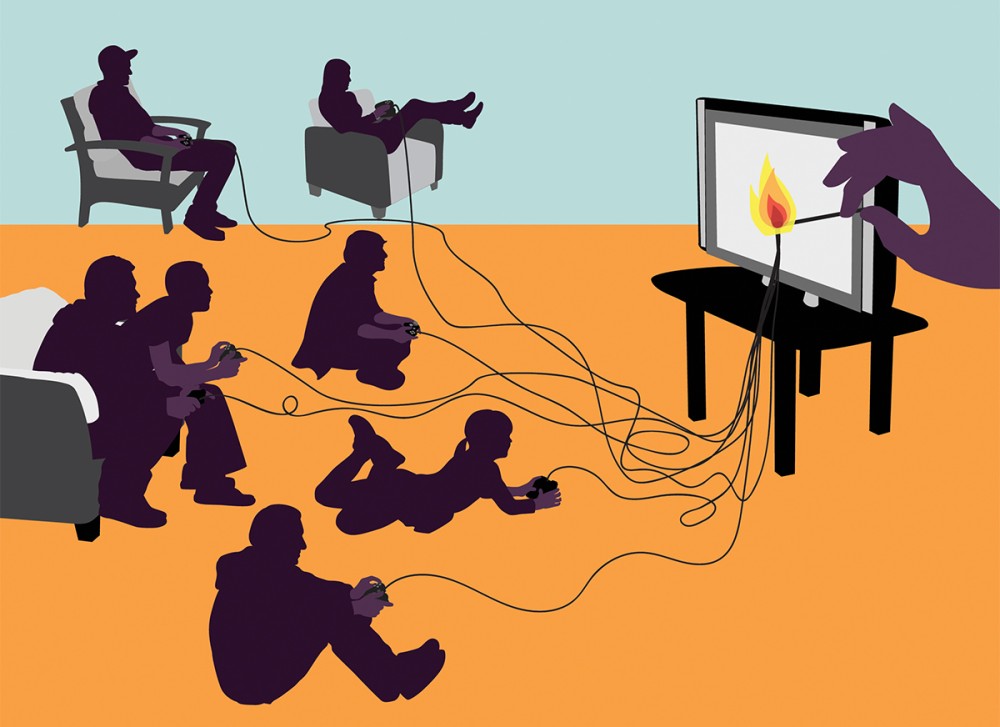How white supremacist groups are targeting online gamers
Extremists craft narratives of persecution, oppression, and the need for heroic struggle. So do video games.

A college student playing the multiplayer online video game RuneScape recently noticed another player using the name “G4s the Kykes.” He recognized something familiar in multiplayer gaming: the use of provocative anti-Semitic, racist, or sexist phrases to annoy and incite. He reckons that he sees such language thrown around by other players about every other day.
Like the vast majority of gamers, this student—whom we talked to as part of a research project we’re working on—simply wants to play the game and have fun. Unfortunately, multiplayer online games don’t just provide entertainment and friendly competition. They also provide a platform for jerks who like to find and troll “social justice warriors”—as well as for committed extremists who seek to normalize hate and recruit new members.
The use of video games to promote hate goes back many years. In the early 2000s a white supremacist organization created Ethnic Cleansing, a first-person shooter game that included a full array of stereotypes about Jews, Latinos, and African-Americans. Westboro Baptist Church offered an online game called Fags vs. Kids. Such enterprises remained very much on the fringes then. Today, extremists are comfortable in mainstream gaming.





